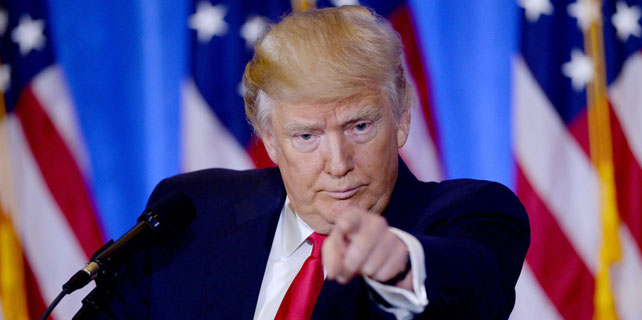Survey: Smartphone sales set to rebound in 2017
After dropping to a three-year low last year, consumer purchases of smartphones are expected to rebound this year, fueled by better security, new functions, improved performance and device refresh schedules, according to a new global Accenture survey.
The Dynamic Digital Consumers survey, which was conducted between October and November 2016, said that consumer demand for specific types of connected devices, such as smartwatches and fitness monitors, will remain sluggish this year due to high prices and persistent concerns about the security and privacy of personal data.
The findings also show that consumers are increasingly embracing artificial intelligence capabilities such as digital voice assistants.
More than half (54 percent) of consumers polled said they plan to buy a smartphone in 2017, up from 48 percent in last year's survey. Chinese consumers are the main drivers of this upturn, with three-quarters of respondents in China saying they intend to purchase a smartphone in the coming 12 months, up from less than two-thirds in last year's survey.
The number of respondents in India and the United States who said they plan to buy a smartphone in the coming 12 months also increased by double digits over last year to 79 percent in India (from 68 percent) and 52 percent in the United States (from 38 percent).
In addition, 51 percent of respondents in the survey, compared with the 41 percent the previous year, cited that the leading driver of purchase intent is the ability to access the newest and most innovative features and functions.
Inadequate performance of their existing devices, cited by 45 percent of customers this year, up from 33 percent last year, is another motivation behind the decision to purchase new smartphones.
"Improved features and falling prices are key reasons consumers around the world are signaling a desire to buy new smartphones," said David Sovie, global managing director for Accenture's Electronics and High-Tech business.
"Growing acceptance of services powered by artificial intelligence, such as voice assistants, is also fueling this market upswing. 2017 will be the year when artificial intelligence goes mainstream in consumer devices."
For the first time, the annual survey polled consumers about their intentions to buy digital voice-enabled assistants such as Amazon Echo and Google Home.
Powered by artificial intelligence, the products are able to recognize voice commands and answer questions. While only 4 percent of the respondents said they own such a device today, two-thirds of owners said they use these types of devices on a regular basis, an indication of strong acceptance of this new technology.
The survey also found out that younger consumers are leading the adoption of such devices, with more than four in five of 14- to 17-year-olds saying they either use this technology today or are interested in doing so.
Most of the respondents also expressed interest in embracing AI-powered, personalized services such as personal health assistants, smart trip assistants and entertainment advisors.
A significant portion of consumers said they feel uneasy about the security of their personal data, much of which is stored on smartphones or in the cloud, while 87 percent of them said they are concerned about the security of financial transactions.
In addition, 89 percent of them feel uneasy that companies or systems they have not approved would get access to their financial information.
The encouraging news for smartphone manufacturers, however, is that consumers trust device manufacturers with their personal data more than they trust telecom providers, banks and search-engine companies.
More than one-third of those polled said they trust device manufacturers, up from 31 percent last year. In contrast, 36 percent of them indicated that they trust telecom providers with their data, a drop from 42 percent last year. Only 13 percent voted in favor of search engine providers, down from 23 percent last year.
While the survey results point to smartphone purchase intent being on a growth trajectory this year, the same cannot be said for other connected devices. For example, only 14 percent of respondents said they plan to buy a wearable fitness monitor and smartwatch this year, virtually unchanged from last year
"The 'insecurity of things' is a major industry challenge. There are widespread consumer concerns about the privacy of their personal data being stolen or compromised. And relative to the value delivered, prices of these connected devices remain too high," said Sovie.
"Market momentum for these devices will stall unless the industry overcomes these obstacles. If that happens, market demand could accelerate quickly."
















